Metaphor: ReFantazio has a lot of legacy behind it. It’s a new franchise, sure, but it has Persona’s Katsura Hoshino in the director’s chair, with longtime collaborators Shigenori Soejima and Shoji Meguro on-board too.
It feels inevitable for Metaphor: ReFantazio to draw comparisons to Persona, and by extent, Shin Megami Tensei. In some ways, it feels familiar, like a new branch sprouting from the trunk of Atlus RPGs, but in others, it adds a distinct twist. For as often as Metaphor: Re:Fantazio felt like Persona’s distant cousin, it spent just as much time delivering a fresh re-imagining of what this style of role-playing game could be.
We got an offer to fly out and check out a new demo of Metaphor: ReFantazio, as well as ask its creative leads some questions, ahead of its October 11 release date. My takeaway is that, even with trepidation in places, Metaphor looks like it could be a fascinating new branch of Atlus’ RPG tree.
For the king
The first slice of my demo was pretty similar to the opening slice of Metaphor I’d already seen earlier this year at Summer Game Fest, albeit with some extra content on either end. The game opens by questioning what “fantasy” means, and whether fantasy can affect—maybe even become—reality. Then, it asks for your name. Not the protagonist’s, mind, but your name. Put a pin in that, I guess?
From there, it’s a bit of a drip-feed of info and details. You start in the middle of a journey, with a fairy companion named Gallica accompanying your hero. The hero has a voice in this game, which is a pleasant change of pace; hearing them talk to characters in dialogue adds a bit of life to the in-game avatar, and creates some textual distance between player and character in a way I dig.
Your convoy to the city of Grand Trad is soon brought to a halt, though, as bandits demanding “tribute” strike. After killing one passenger, Hulkenberg—the tall and stoic elven warrior who later joins the party—draws her weapon and coldly delivers the line: “You drew steel. I take it you are prepared to die by it?” Excellent.

I’m going beat-by-beat because, early on, Metaphor has some strange pacing. Its framing shifts pretty rapidly from the jump, between the meta-narrative introduction, the present time with the story’s hero, and flashbacks that inform the hero’s past and current quest. You are trying to make contact with someone who can help you take down a foe in the shadows, and so you infiltrate the ranks of the guard to find your man.
Over the course of the opening hours, the plot stirs up slowly, maybe a little shakily, then comes into focus. It’s a compelling setup, though jumping around between flashbacks and the present can make it feel a little erratic.
What carries Metaphor early on is this brilliant fantasy world. In the year 785, the United Kingdom of Euchronia is sitting on the precipice of chaos; the king is dead, and tensions between different classes and races are boiling over. Anxiety, as director Hoshino told previewers in a pre-recorded video, is a core theme of Metaphor: ReFantazio. Where is it born from, how does it ferment, and what kind of cruel monsters does it bring to life? Embroiled in this is your hero, a candidate for the throne among many, as different leaders vie for public attention and causes in a competition for the kingdom’s future.
It’s a magical, high fantasy world that feels so easy to get lost in. The first demo introduced me to the setup, but the second half opened up and put me in the midst of what feels like the bulk of Metaphor’s classic Atlus loop: deal with time constraints, navigate travel restrictions, and use the calendar to chart a course. Days and nights allow the same distractions as a Persona game might, and different NPCs populate the world during different hours. In the day, I pick up a new side quest from a character that’s likely to become a social link; at night, I spend time speaking with a devout member of a persecuted religion, gaining greater understanding of what matters to them.

Shades of Persona and Shin Megami Tensei are obvious to see here. The “royal virtues” are like personality traits: Courage, Wisdom, Tolerance, Eloquence, and Imagination open up conversation checks. In one case, I deduced the best course of action with a character thanks to my Wisdom. It was nice to see the check openly acknowledged by the game, rather than hidden until I’d picked my conversation choice.
Time after time
There are also ticking clocks. 11 days until an important story event, eight to a deadline, one month to complete a quest. Not everything is time-gated, but the tension of its constant advance as you do things, and erase time off the clock, is ever-present. It takes time to talk to people, to explore dungeons, even to travel from city to city on your quest to become the next king.

I could see it easily leading to choice-paralysis, or a worry that you’re misspending your time. During a translated Q+A session with the leads behind Metaphor: ReFantazio, another press attendee asked about that stress, and the answer from lead daily system planner Azusa Kido was interesting:
“So as you play through the game, I do understand that some people might be overwhelmed by the volume,” said Kido. “But I also think that is the fun and entertainment element as well, where we’re traveling to unknown cites and unknown territories, and we are on this journey with limited time, where we do have this mission in mind.”
Deciding on what to do each day, and the next day, and the day after, is a style of decision making that can be fun. Each experience with the game can be different. Even at the preview event, I would walk away from the set-up and start talking with other press members, leading to conversations about everything they saw that I didn’t see, even within our allocated slice.
Personally, I think it works. It’s an interesting twist on Persona’s calendar system, with the added wrinkle of travel and physical distance. Planning and routing became really important; spending a day going to a small town for a rare ingredient wasn’t worth it, but if that town sat on the path to a dungeon I wanted to clear, now I’m hitting two birds with one stone.

Travel feels like a major part of Metaphor, another fresh layer to the formula. As a candidate for the throne, you have a gauntlet runner, a giant ship that literally uses mechanical limbs to “run” across the ground. Despite looking a bit strange, it’s quite a bit faster than walking, and it allows candidates to move freely and (mostly) safely between locales. Even while you’re traveling, you can still spend time with comrades, gaining extra points in your Royal Virtues. You can even cook for some bonuses, which leads to some really fun dialogues with characters like Hulkenberg and Strohl.
Take heart
When it comes to combat, a lot of what I said in my previous preview stands here. The nuts and bolts of it feel very Shin Megami Tensei, with characters identifying weaknesses and striking for a Press Turn-style system. Though some of the elements might be here or missing, the basics will feel immediately familiar.

What really surprised me were the ways Atlus found new room to expand this combat set-up, especially in coordination with the Archetypes, which function as “jobs” for each character. In one fight, I was taking on a giant treasure-hoarding fiend, and I had learned through an informant back in town that it’s distracted by gold. If I went in with the Merchant class, I could use one of its abilities to scatter cash and make the beast lose actions.
There’s a lot happening in concert there that’s interesting: an informant that provides hints about upcoming boss fights, for a price; jobs and abilities that don’t rely on just elemental advantages; and encounter-specific mechanics that, again, don’t rely on basic weaknesses and resistances. A front and back row system reminded me of Final Fantasy VI, and one bout even had me dancing my party members between rows to dodge certain attacks.

Metaphor showed some decent variety in the slice I saw. In one fight, I had to take out two boss enemies at the same time, or one could revive the other, forcing me to vary up my usual single-target tactics. In another, I noticed one of my characters had an ability specifically meant for dealing with type resistances, opening up new avenues of attack. In all these ways, it feels like Metaphor: ReFantazio is going to feel very familiar, but not like a full-on repeat.
Real-life anxieties
Of course, the climate that Metaphor is launching in is hard to ignore. It’s a game about a heated election contest between candidates, amid a pretty eventful election year in the United States. This isn’t even me making a fresh observation; it’s something that the development team actively called attention to. In a pre-recorded video shown to previewers, Metaphor director Katsura Hashino said that when the team started, they didn’t realize it would overlap with real-life events like it has. “We continue to be surprised by the strange similarities between our real world and the world of Metaphor.”
Still, Metaphor: ReFantazio does deal with issues of race, class, and more. It might be pure coincidence that the timing lined up as it did, but Metaphor’s story is certainly grappling with recognizable areas of historical conflict and friction between people. Anxieties, you might call them.
“One of the themes of this title is anxiety,” said Hashino. “As we considered ideas and themes, we realized we wanted to explore the idea of people realizing their inner strength, as well as finding their anxieties and fears by finding common ground with others.”

Of course, Atlus grappling with these topics will surely draw real-world comparisons, same as any conflict where one could draw parallels to real-life. Producer Junichi Yoshizawa stressed that there “aren’t any specific real-life events” that impacted or inspired this game. But when looking at the anxieties of this world, lead scenario planner Yuichiro Tanaka said the team tried to dig into what brings about clashes in the world, and put the focus on people’s minds, hearts, and the anxiety surrounding it.
When addressing the themes of Metaphor, Hashino says you might call the game a “culmination” of the development team’s experience. It does certainly have a heart-changing vibe to it. You campaign for your cause, and help those in need. When you transform into your Archetype, the unlocking cutscene shows a character tearing their heart out of their chest and screaming into it like a microphone, amplifying their beliefs and principles. It owns.
To a new world
With this round of previews, it feels like I’ve gained a solid grasp on what Metaphor: ReFantazio will play like in the moment-to-moment gameplay. There are certainly obvious shades of its Atlus predecessors, and even hints of other franchises and broader high fantasy tropes. It all melts together in the big pot labeled Metaphor.
It would feel silly to start out saying this isn’t just a high fantasy Persona, only to end this piece still drawing comparisons. Hell, at one point I compared Metaphor‘s relationship to SMT with the Ivalice spin-offs of Final Fantasy. But what I’ve found is Metaphor: ReFantazio both draws on a lot of legacy, and forges its own design path forward. Time constraints are here, but with a fresh twist. Battles are still familiar but have their own flavor, with a set of mechanics that feels old and new, but all its own. Even having the main character form bonds, but not lock into any dating or romance, is a novel twist.

In a year where the high fantasy genre is well-served, Metaphor: ReFantazio could end up being a standard-bearer. Everything feels like it’s in place, and I left my preview feeling like Metaphor was now easily my most anticipated game of the fall season.
There’s still a lot of this world left to see, but I’m certainly eager to hop in a Gauntlet Runner and go find it. Metaphor: ReFantazio will be out for Xbox, PlayStation, and PC on October 11, 2024.
[Travel and lodging for this preview were provided by the publisher.]
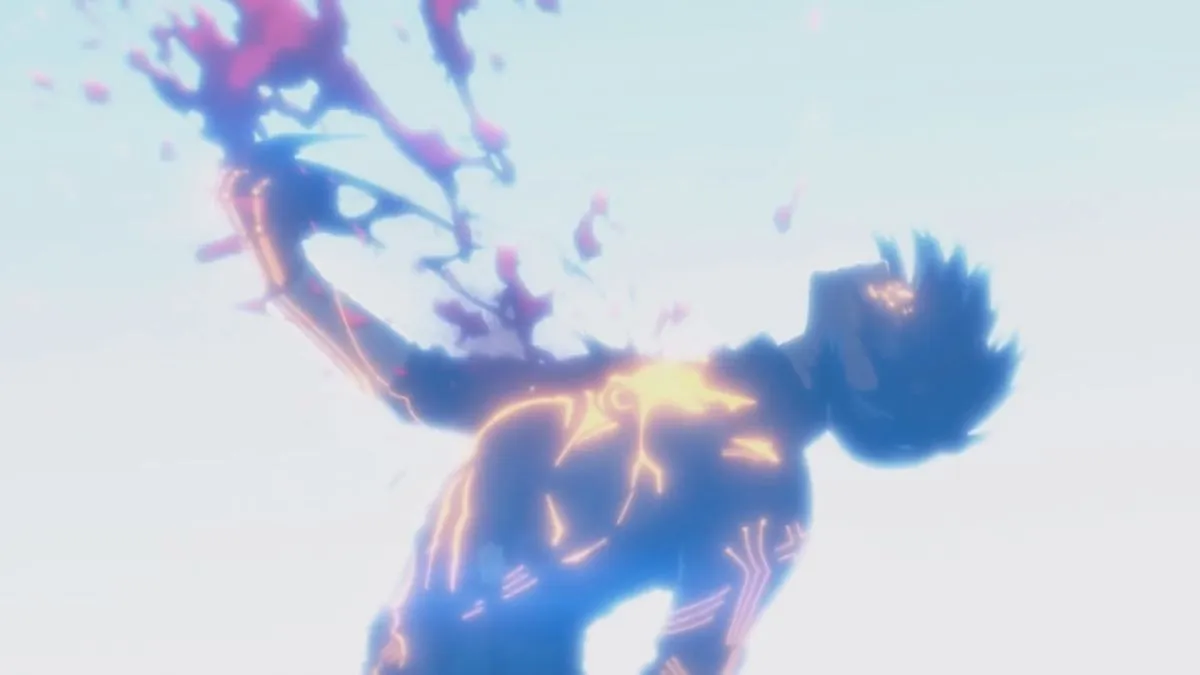
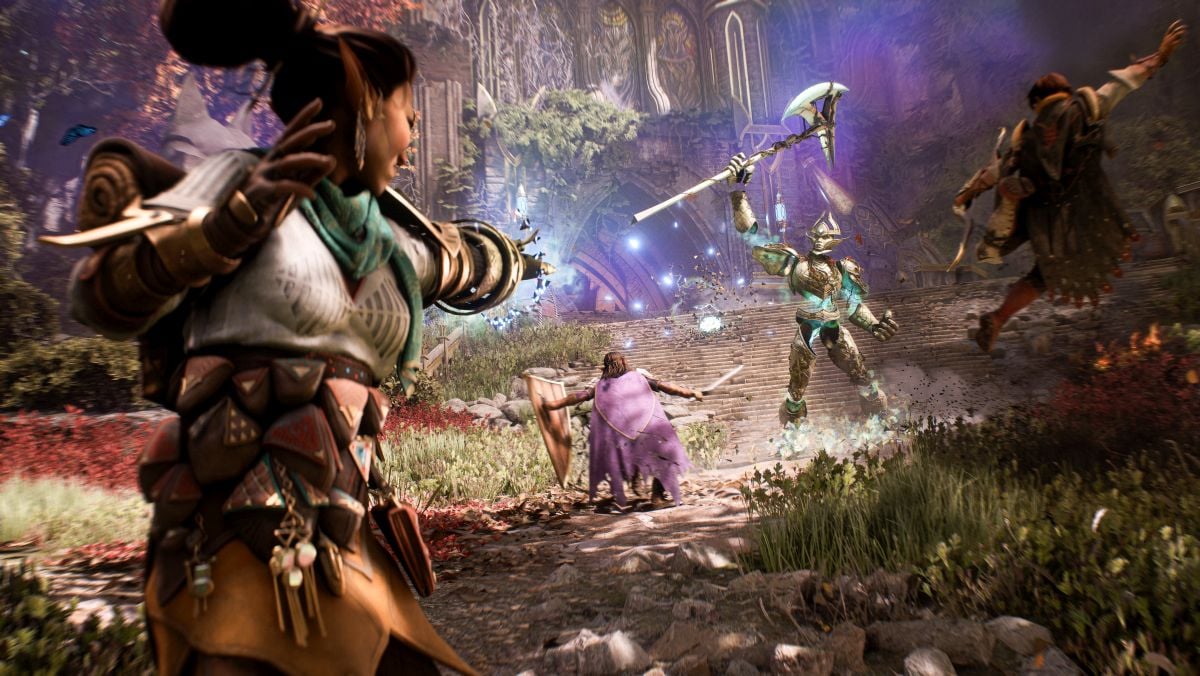

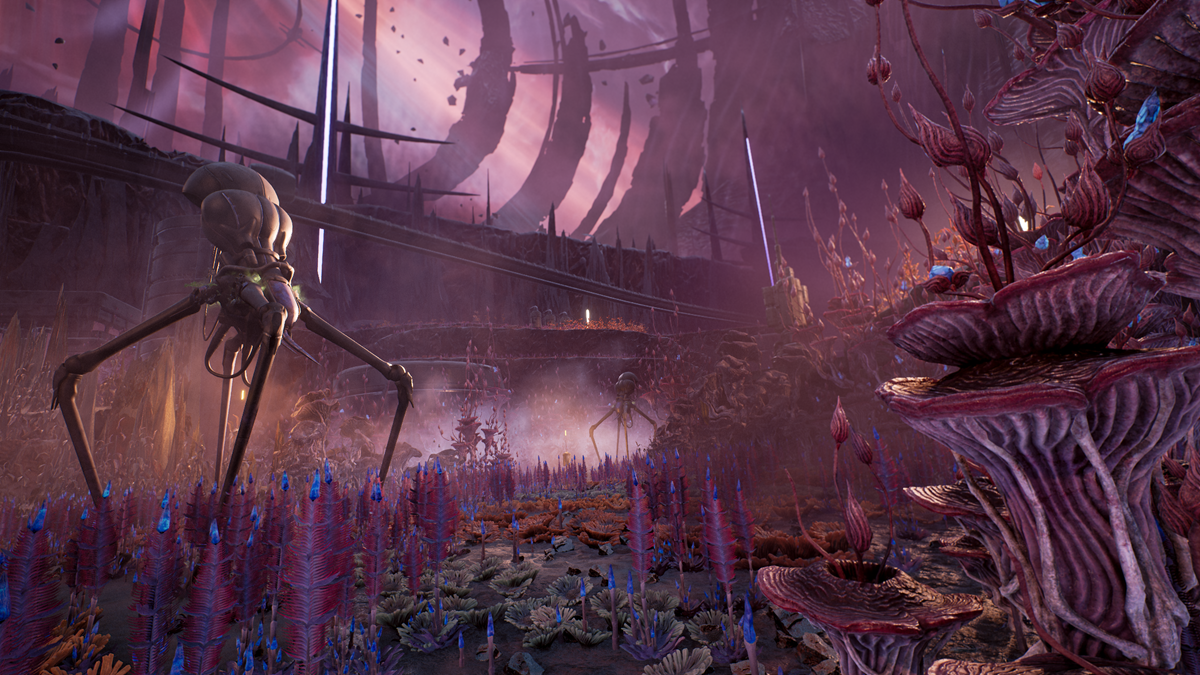
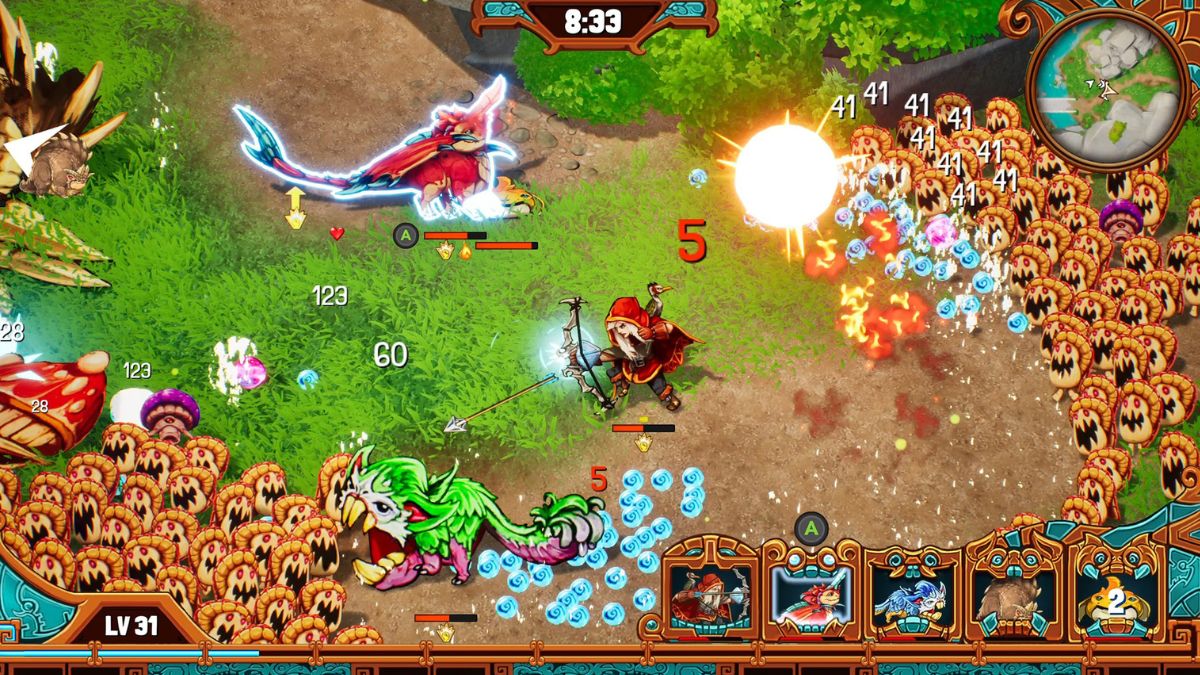
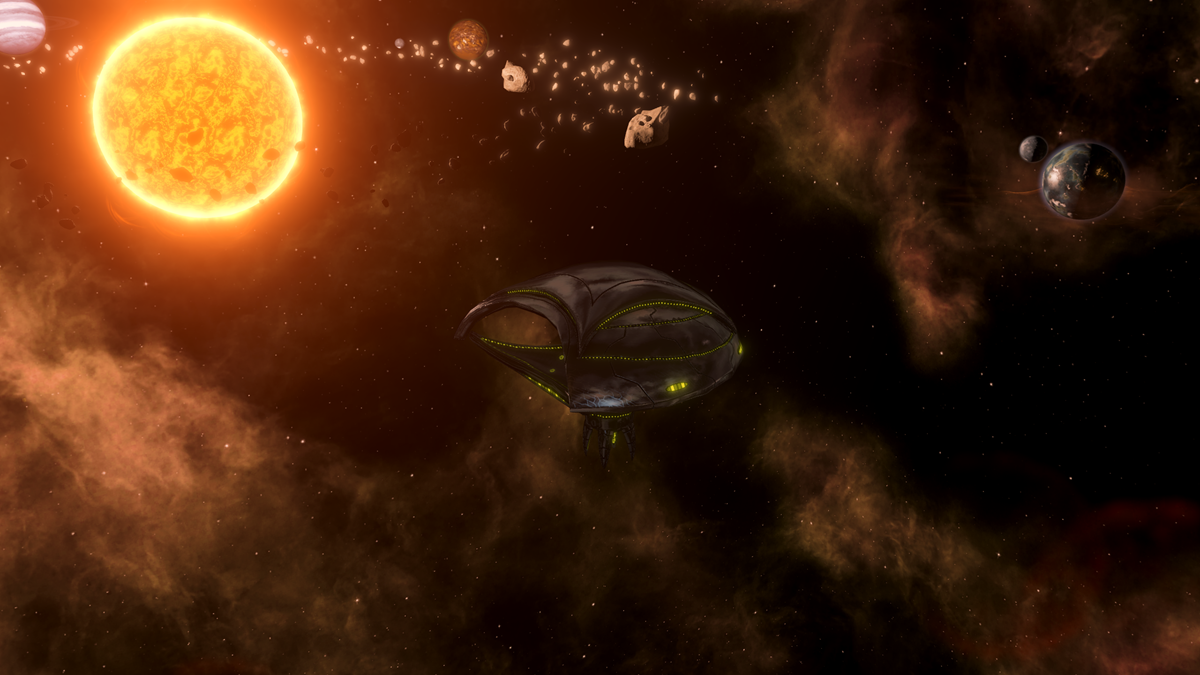
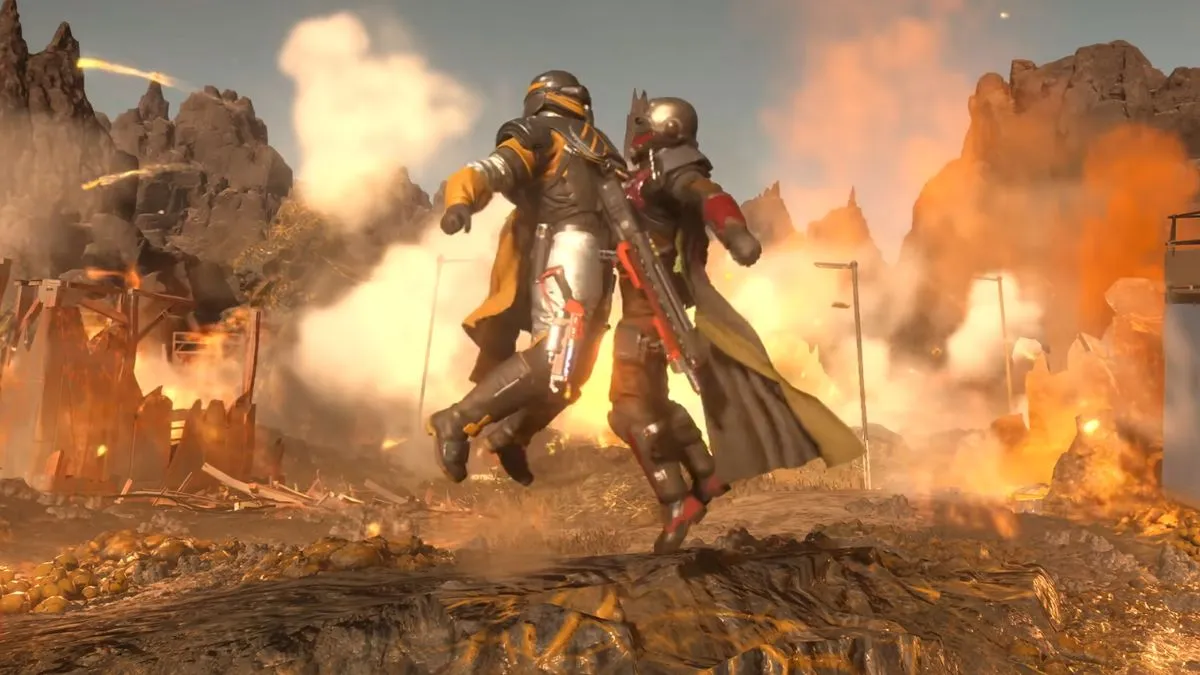
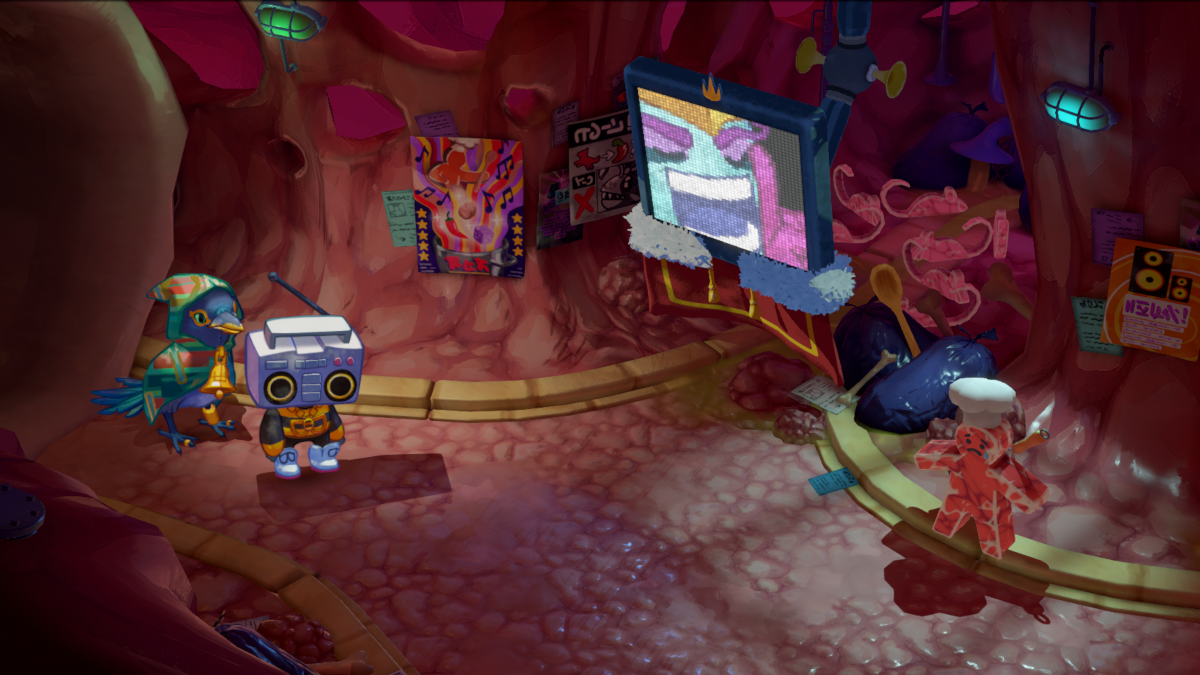

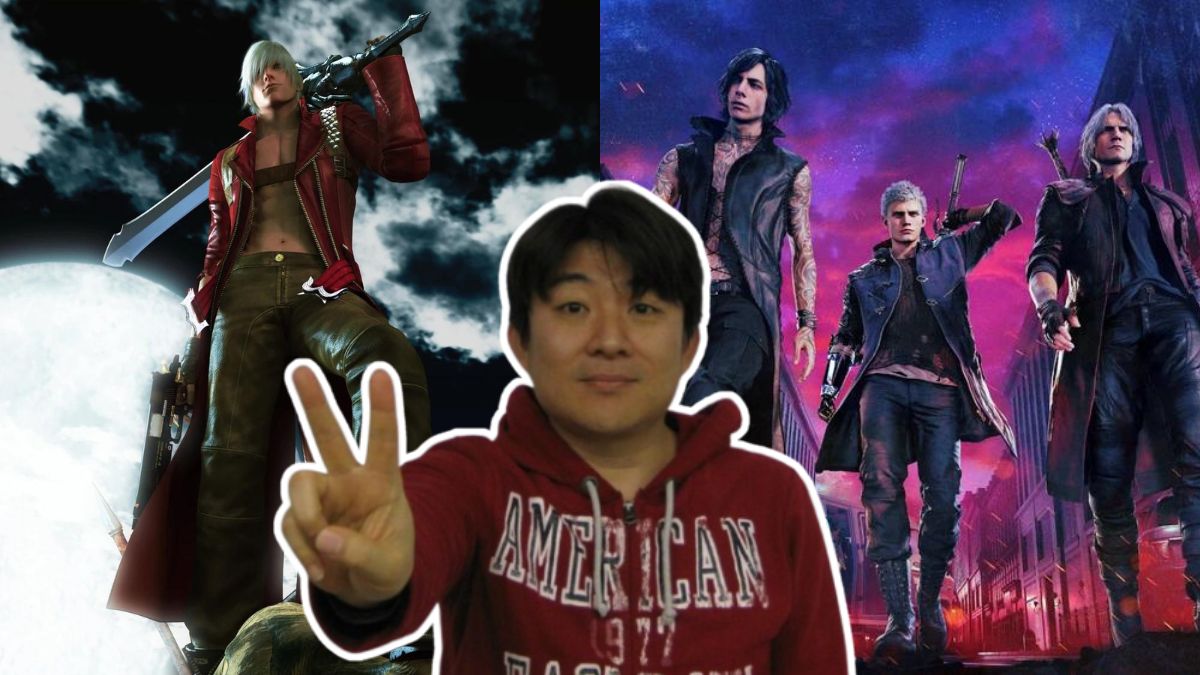
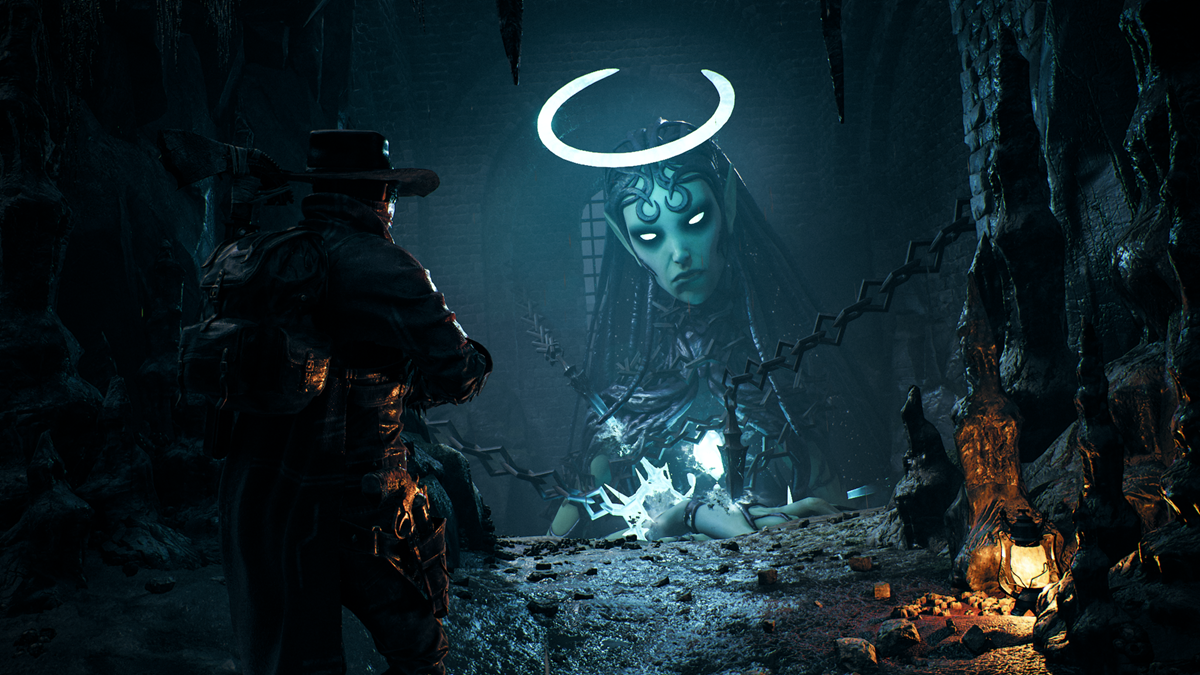
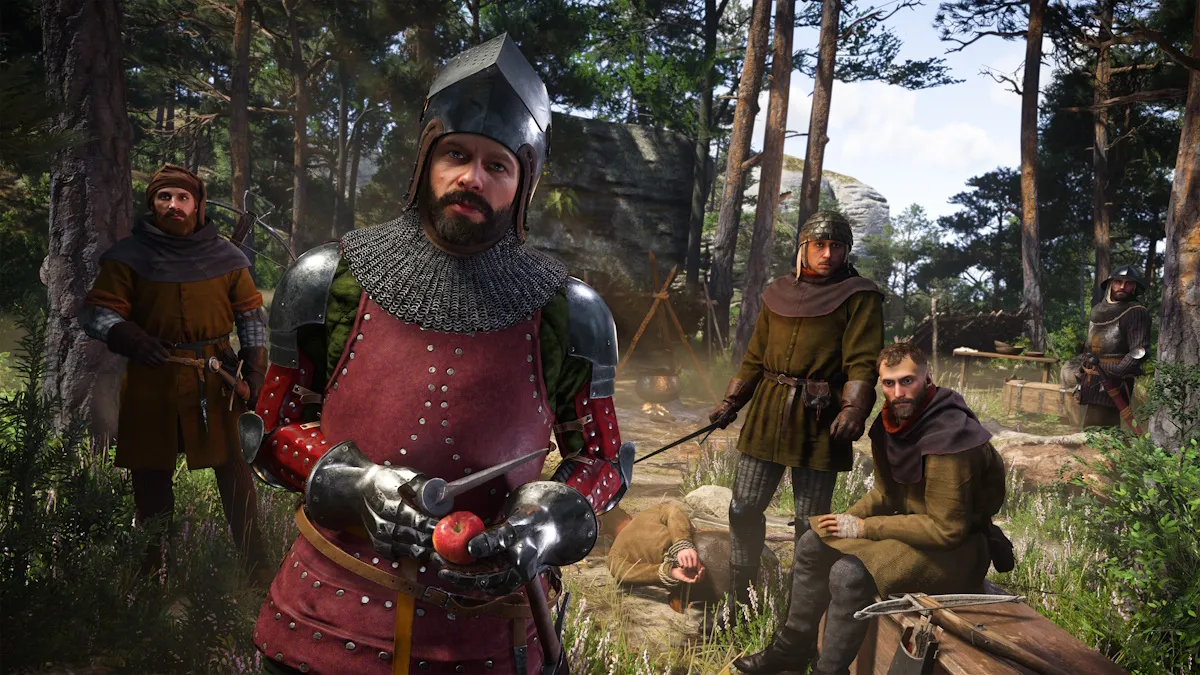
Published: Aug 28, 2024 08:00 am